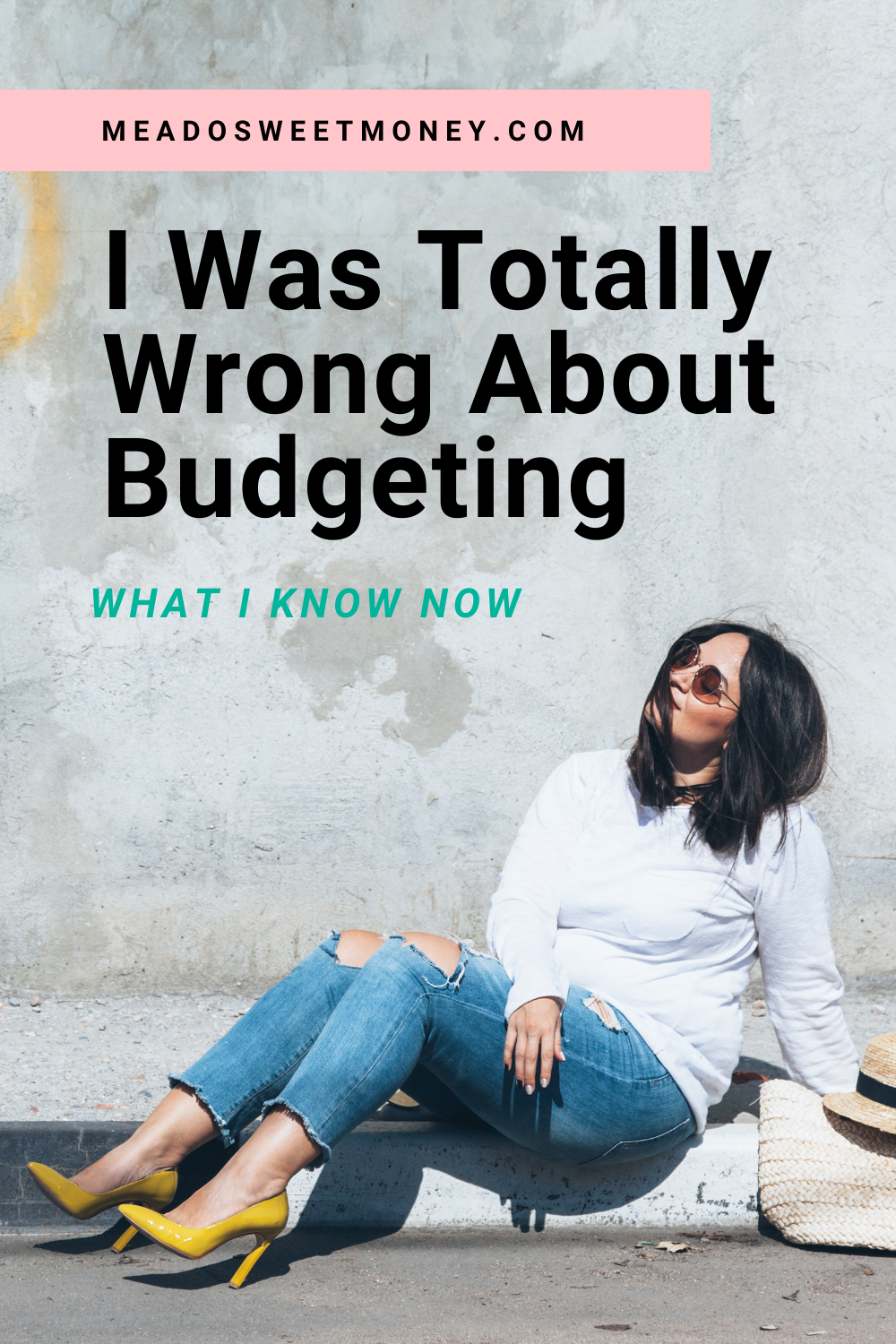
Budgets.
Ugh. Such a horrible word. Sounds like money jail, amirite?
For much of my life I made assumptions about what it meant to have a budget. Sadly, I learned much later, I was 100% wrong. Once I discovered what living that #budgetlife actually looked like, a whole world of possibility opened up.
Here are some misconceptions I once had about budgeting, and the truth I had discovered through my own personal finance journey:
Assumption 1: Having a budget meant having a boring life
The Truth: Your budget can support a vibrant, exciting, and joyful life.
A budget can be a permission slip to funding the things that matter to you. There will always be things in your budget that are necessary (like rent and utilities), but you don’t have to include things that are unnecessary and you do not value. Let’s say you really want to see the Great Wall in China before you have kids. Your budget can show you the way to making that dream a reality. When you have a why behind your money, your budget works like a map to get you there.
Assumption 2: I had to have it all “together” before I could budget
The Truth: Your budget will help you feel more confident and capable.
For most of my life, talking about money made me feel uncomfortable and anxious. I did not feel like I could hold my own in a conversation about finances. Learning how to budget really helps you to gain confidence about a topic that is often very taboo in our American culture. Budgeting helped me discover how much I enjoyed learning about money. When it was time to pick investments for my employer-sponsored retirement plan, I scoffed at the high fees of the “suggested” investments and selected something else that I knew would perform well. Compare that to me squirming in my seat a few years ago whenever someone brought up finances.
Assumption 3: My budget had to be done a specific way
The Truth: Your budget should reflect your personality, values, and lifestyle
This is a biggie, and is the entire basis for my Joyful Budget course. There are so many methods to budgeting; zero-based budgeting, cash envelope system, bucket budgeting, and on and on. Not every method will work for everyone. The key to finding the right method for you is to try a few and see what works.
Assumption 4: Budgets were only for people that made more money than me
The Truth: Budgets are for everyone.
It does not matter if you have $10 in the bank, or $10,000. Budgets are there to help you manage your money. Having more money does not make you better at managing it. According to the National Endowment for Financial Education, roughly 70 percent of lottery winners and people who receive a large windfall go bankrupt within a few years(1). If you make a million dollars a year but spend every penny, you are doing worse financially than a person making $50,000 a year but only spending $40,000 and saving/investing the difference. Learning to budget and being able to adjust your strategy as your income changes is what matters.
Assumption 5: That I had to call it a “budget”
The Truth: You can call it whatever you want.
Money map. Prosperity plan. Spending strategy. Mr. Darcy. Whatever you want to call it, you still need one. Many people (myself included) developed a visceral reaction to the word “budget” and it is often associated with scarcity. If the idea of a budget feels icky or limiting, try calling it something else. You might be surprised how your perspective shifts.
(P.S. – If you are ready to kick overspending to the curb and live a joyfully aligned life on a budget you actually enjoy using, join The Joyful Budget Beginner’s Course now.)
What assumptions do you have about budgeting? What holds you back from creating a budget? Let me know in the comments below.

